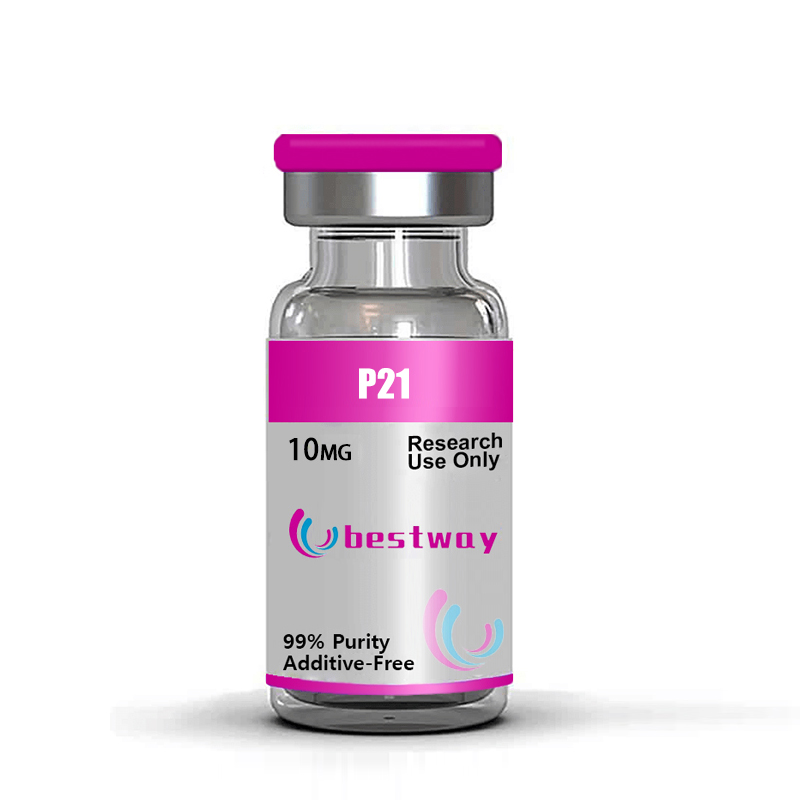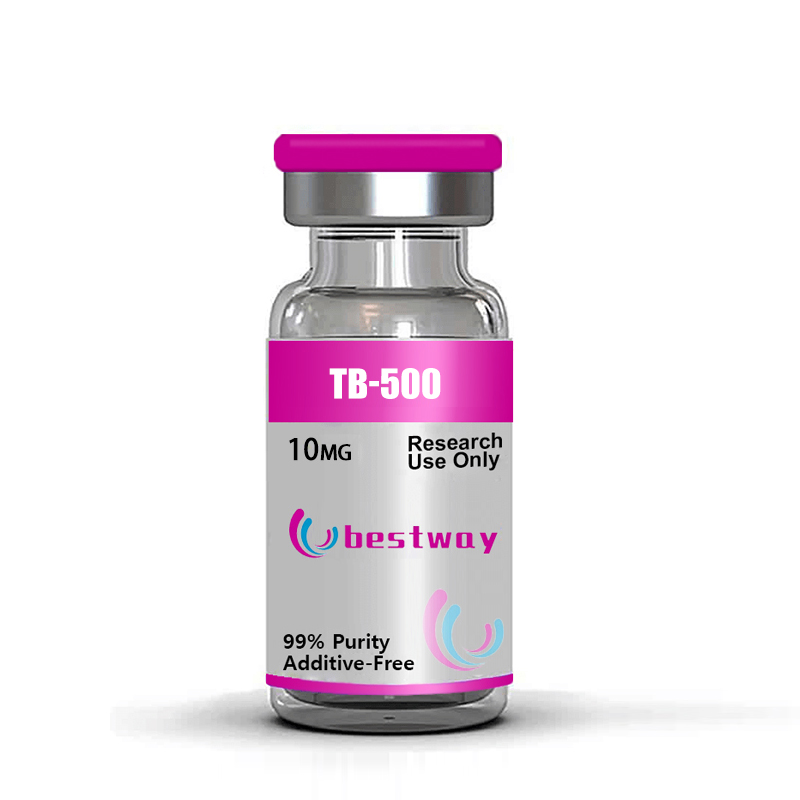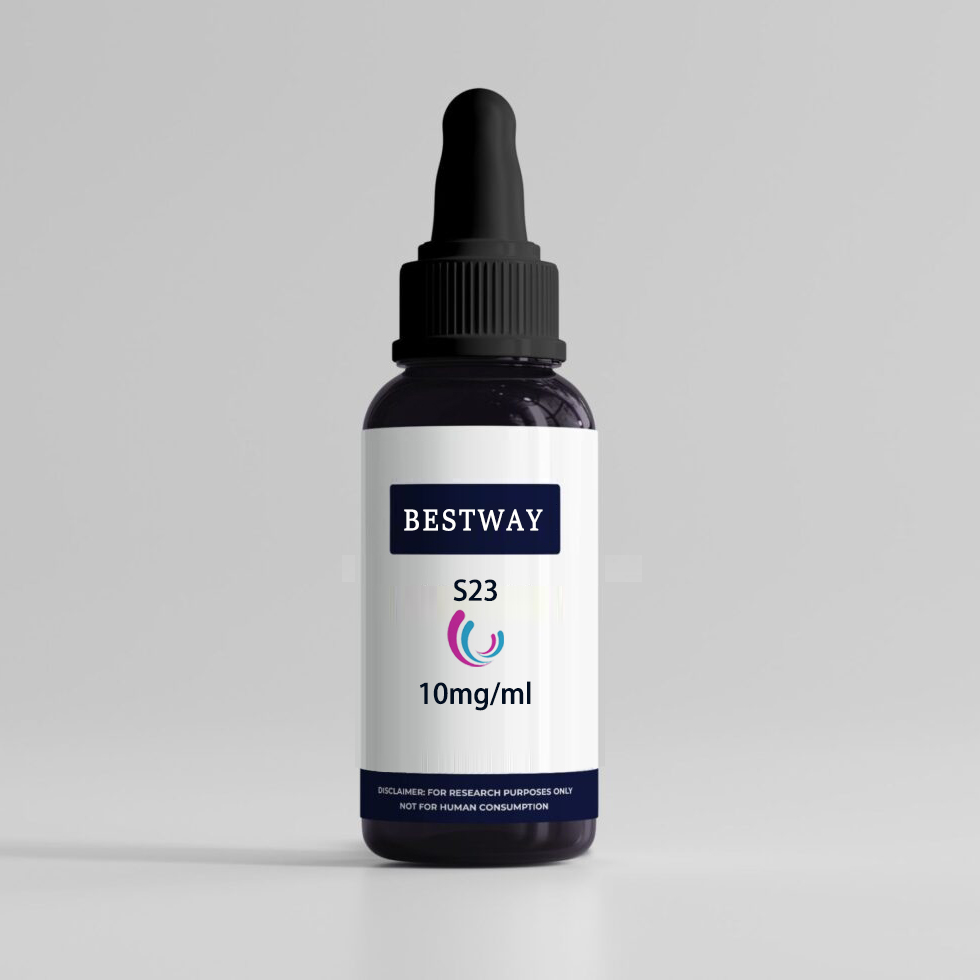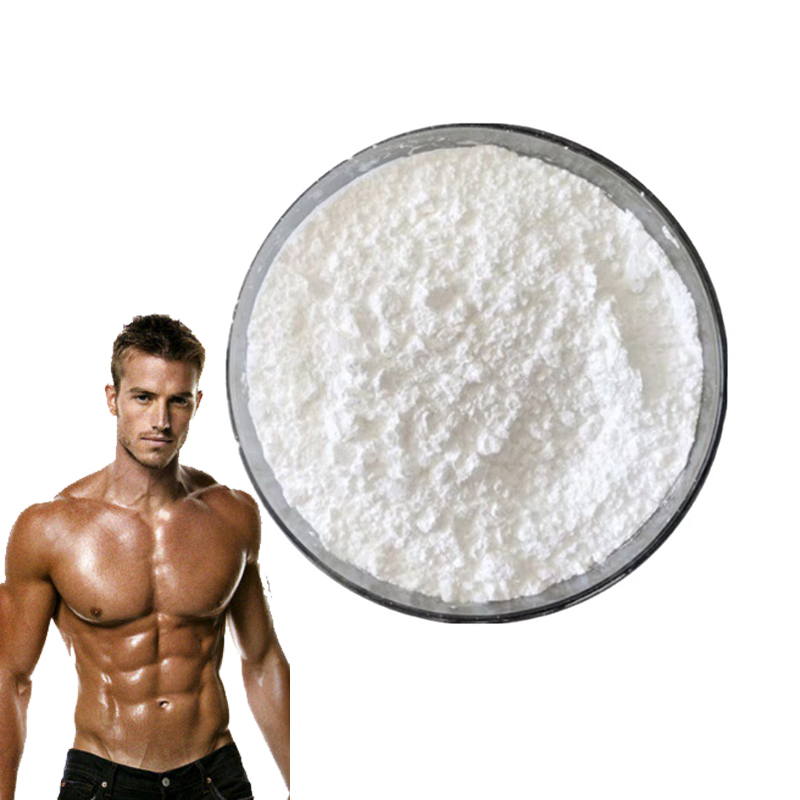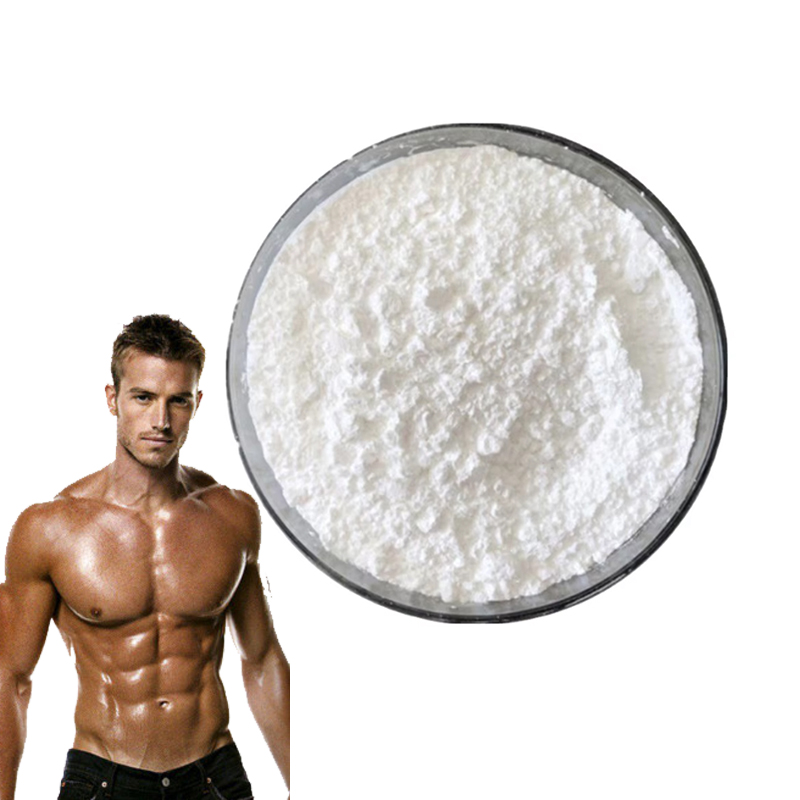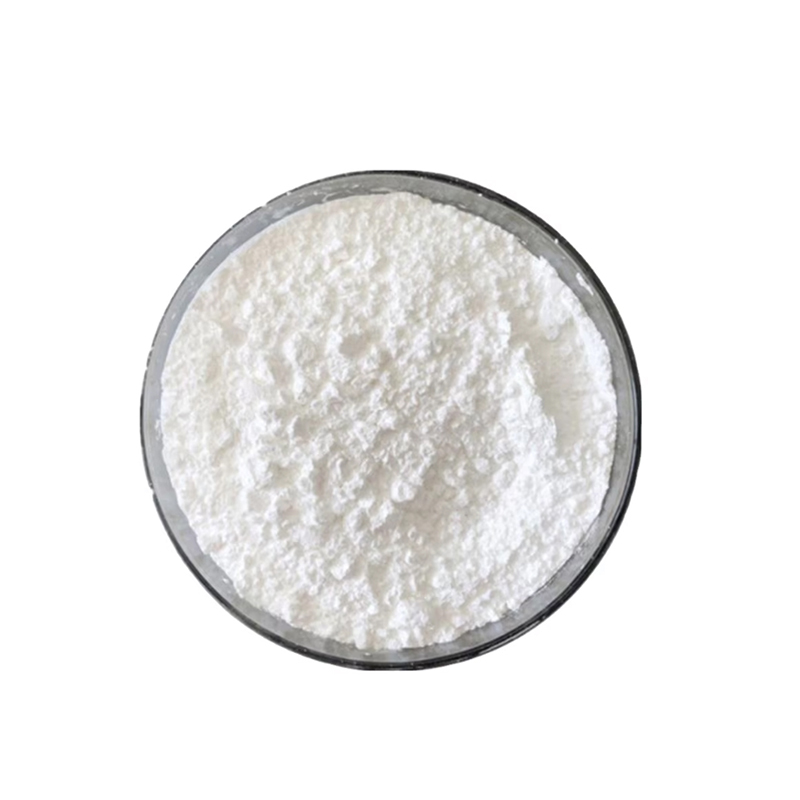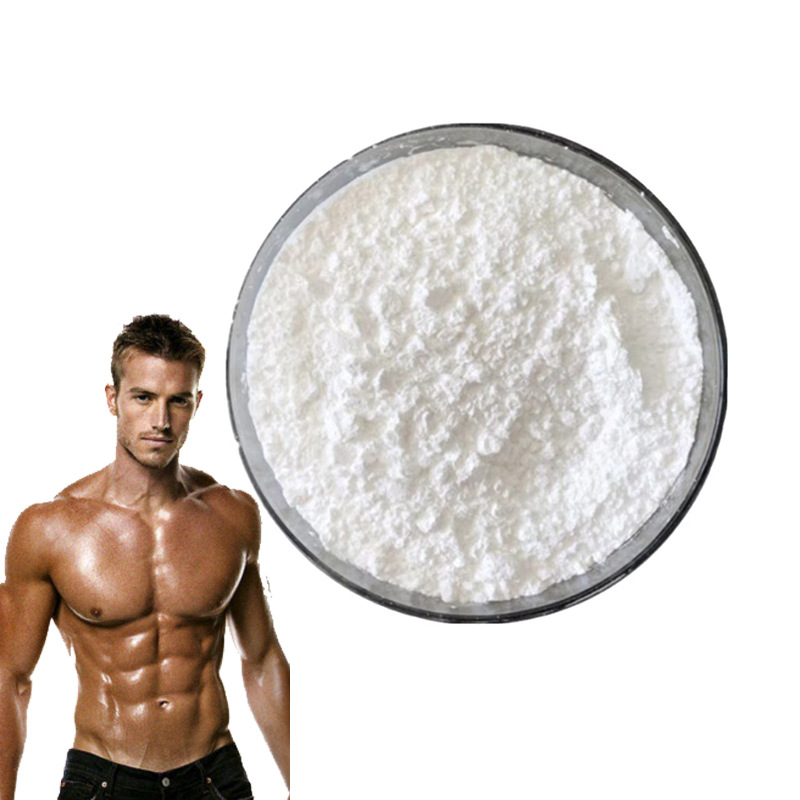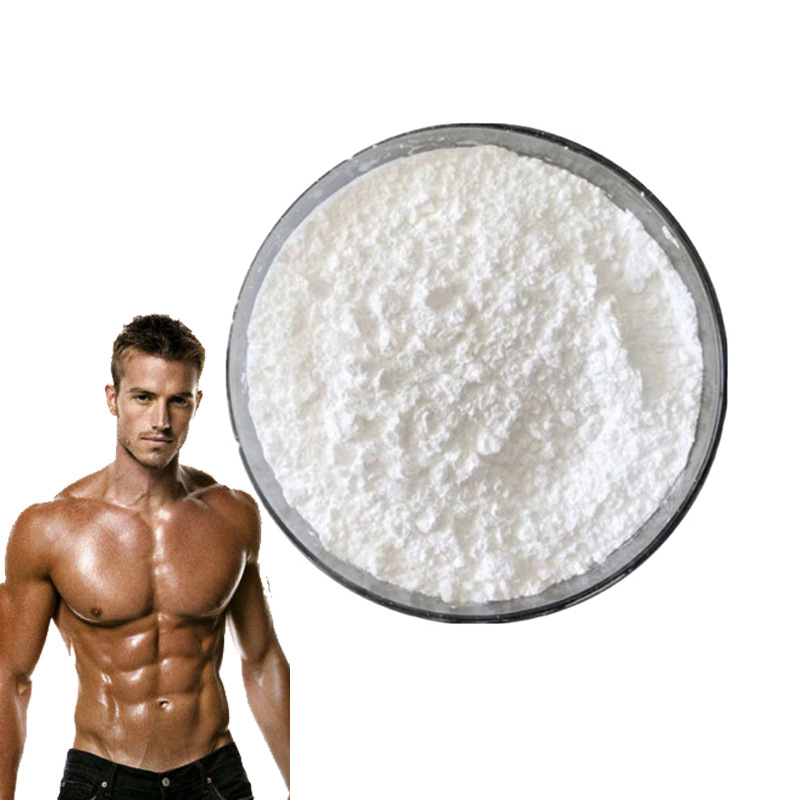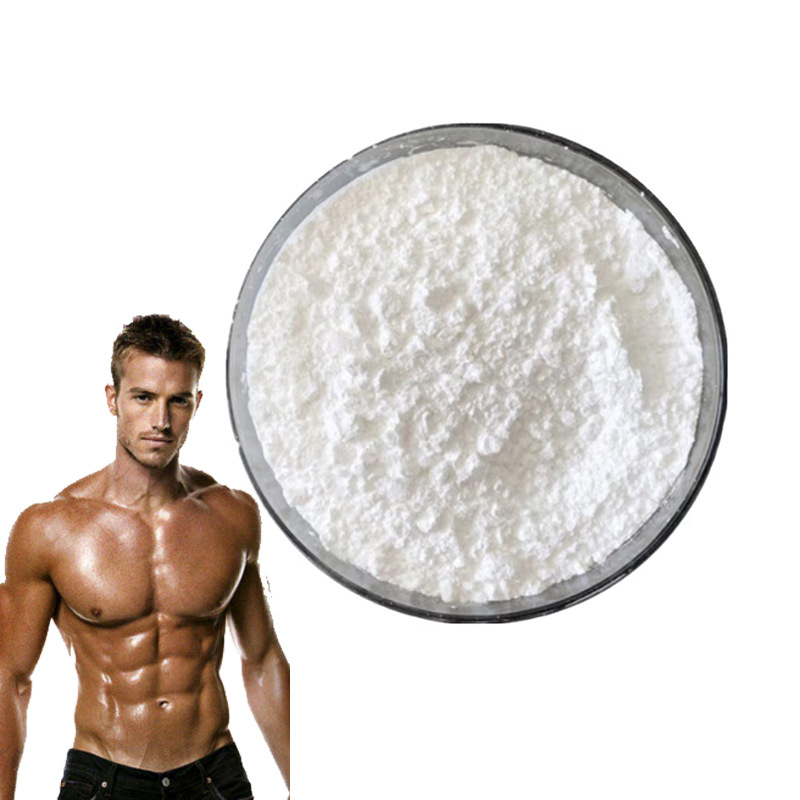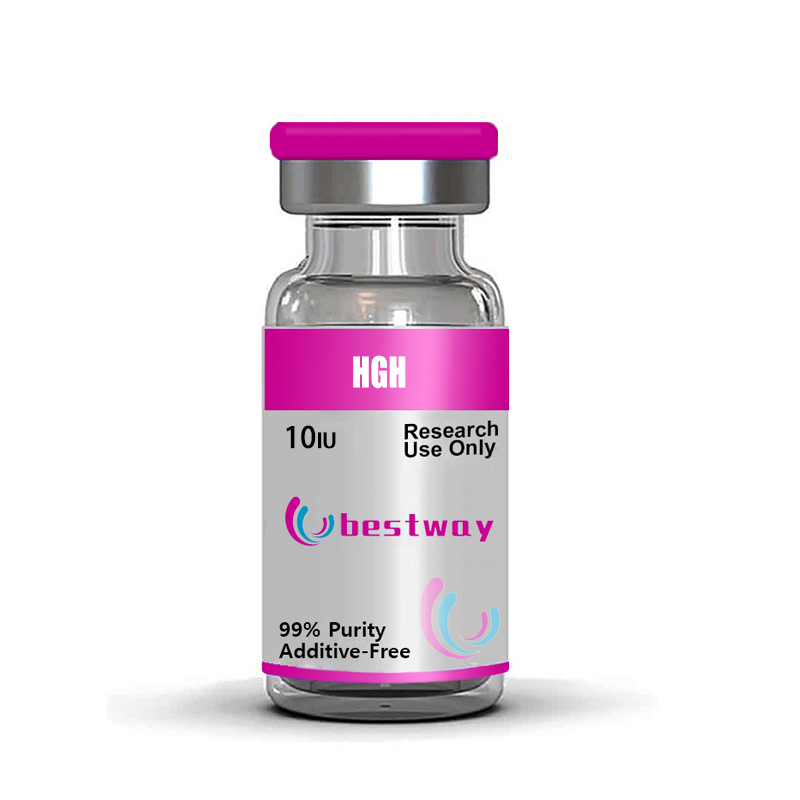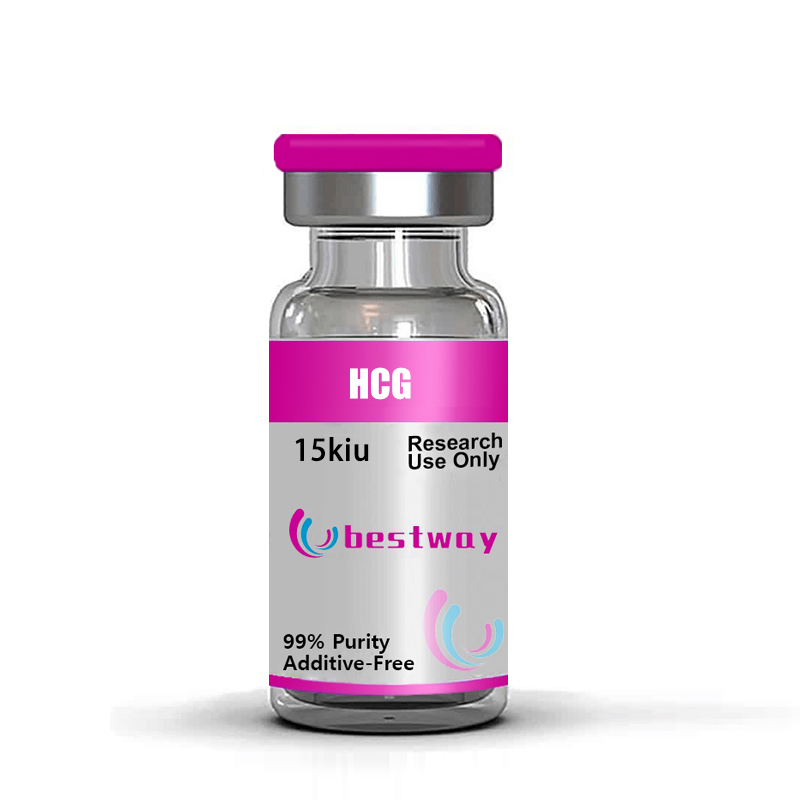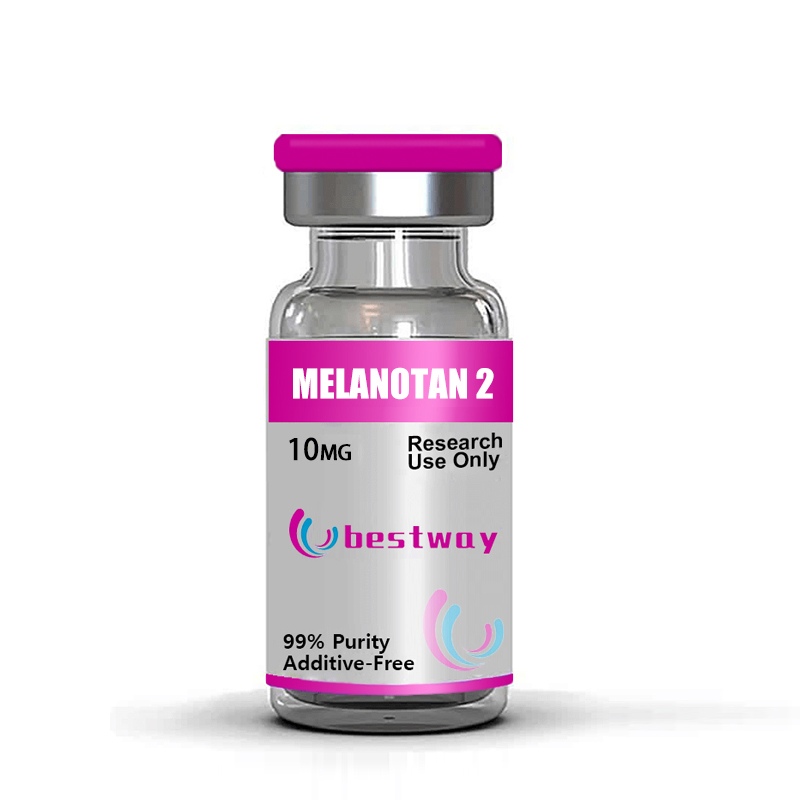what is P21
P21 is a modified synthetic CNTF analog. CNTF is a natural protein mediator of neuronal growth in humans. The effects of CNTF have been studied primarily in the nervous system, although there are receptors for the peptide in other parts of the body, such as bones. Studies have shown that it can promote the synthesis of neurotransmitters and the growth of neurites. It can also protect neurons and their supporting cells from inflammatory attacks. In addition to its neurotrophic effects, CNTF can increase satiety, thereby reducing food intake.
CNTF and cerebrolysin are not the same molecule. P21 is also not the same as cerebrolysin. It is discussed below and compared to P21.
Recombinant CNTF was developed under the brand name Axokine. It is being tested for the treatment of amyotrophic lateral sclerosis and is not currently available for sale. Interestingly, the body quickly develops antibodies to Axokine, suggesting that it may be possible to use P21 and exogenous CNTF together in some cases to increase CNTF levels while keeping antibody activity to a minimum.

What does P21 do?
In simple terms, P21 can enhance cognition and protect the central nervous system from damage. It appears to do this by promoting the maturation of neurons in precursor cells into mature neurons. It also appears to promote synapse formation, or the interconnections between neurons, which is an essential component of learning and memory enhancement.
More specifically, the molecule has a number of benefits for learning, memory, and cognitive function. For example, in mouse models, P21 enhances object discrimination and improves spatial reasoning. Studies have shown that it increases levels of brain-derived neurotrophic factor and neurotrophin 4. Animal studies have shown that it increases levels of synapsin 1, GluR1, and NR1, which are all markers of neurogenesis and synapse formation. Interestingly, it increases levels of these proteins in disease, but raises them to supraphysiological levels in health, suggesting that P21 may even aid learning and memory in the healthy brain.
Food intake
While no studies have directly assessed the effects of P21 on food intake, there is reason to believe that it may suppress appetite. This is due to the stimulation of α-melanocyte stimulating hormone synthesis, which is triggered by an increase in CNTF levels. By reducing the effective increase in CNTF levels through neutralizing antibodies, P21 activates the JAK/STAT pathway and ultimately increases α-MSH levels. Both α-MSH and neurogenesis have been implicated in reduced food intake, so it would not be surprising if P21 were found to have some effects on satiety in future studies.


